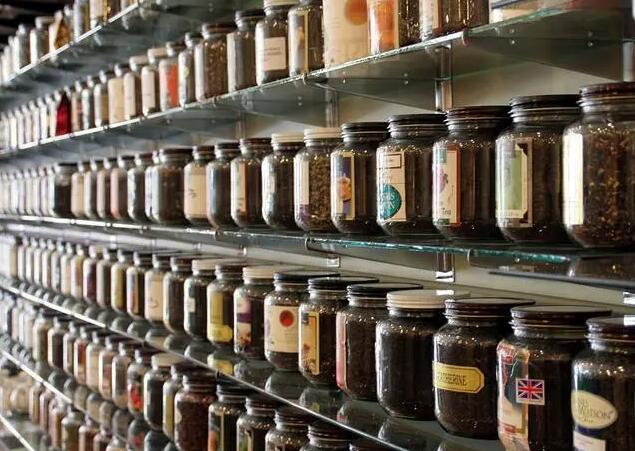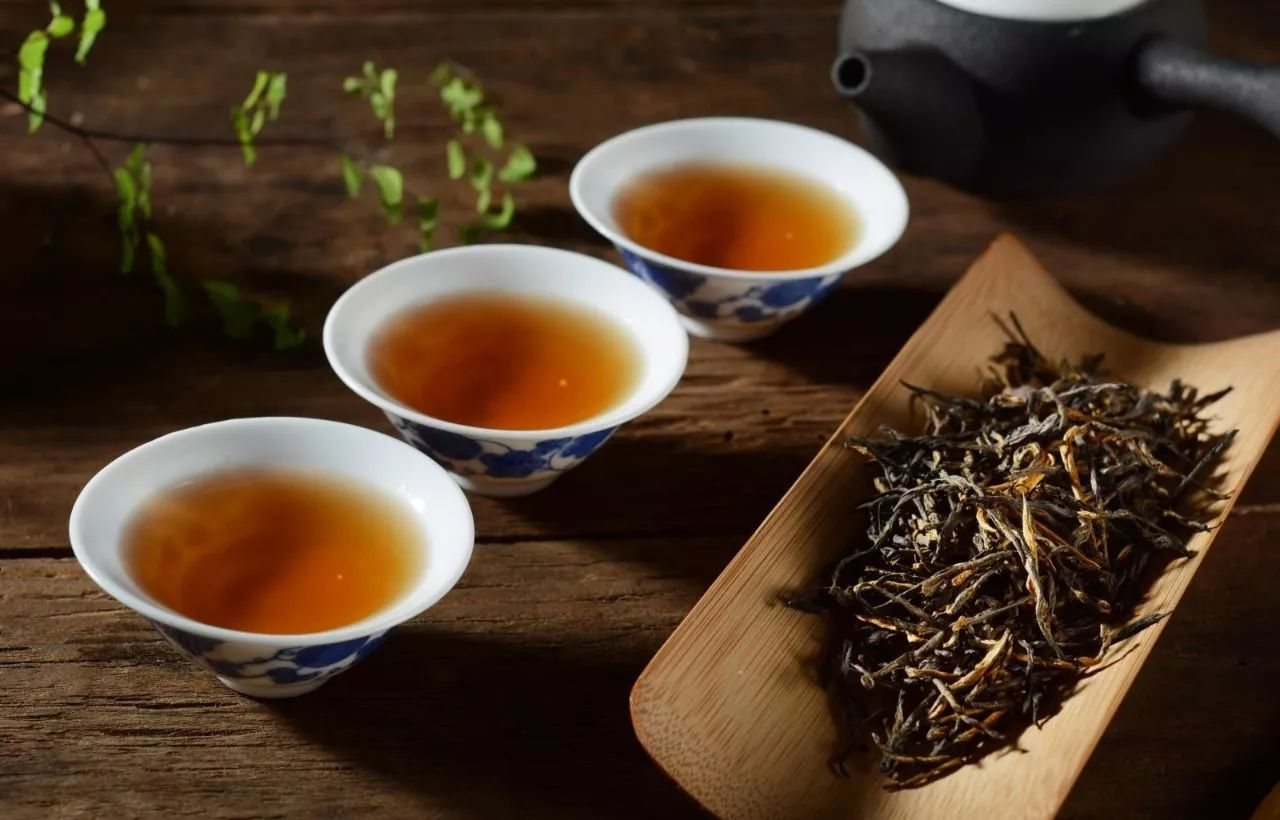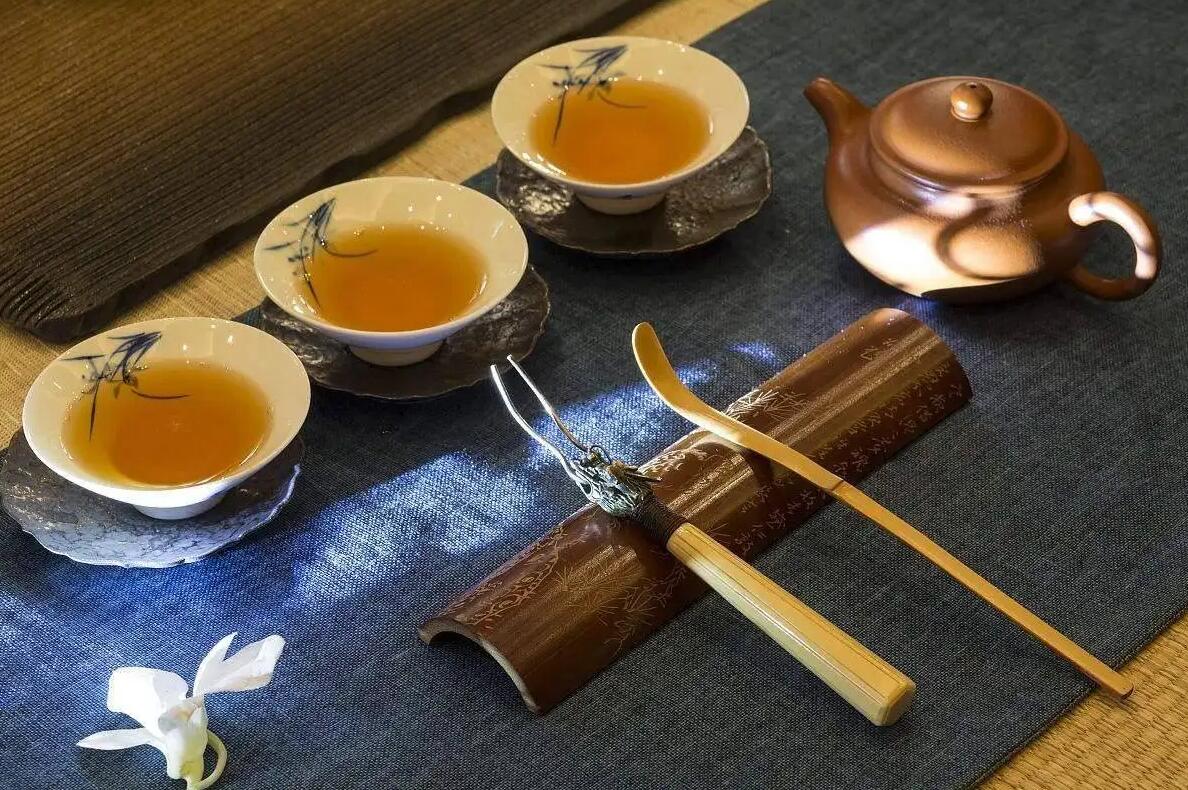Mr. Panjikar is the manager of the Gopaldhara garden in Darjeeling.
How and when did you Mart to work in the world of tea?
When I had finished my studies I was looking for a stimulating job. As my older brother worked in the world of tea, I could see the challenges I would face and I decided to get involved. My brother helped me. And so, on January 5, 1988, I began working in the Poobong garden in Darjeeling.
What have you done since then?
After being hired as an assistant at Poobong, I worked in several gardens, such as Pussimbing, Singtam and Singbulli, as assistant to the factory director. I was then promoted to principal assistant to the director, and I worked at Selimbong then at Gopaldhara (2000) where I was interim manager until I became manager in 2002.That is the position I hold today.
What are your everyday responsibilities?
Very early in the morning I tour the garden. After lunch I go to the factory to direct operations. In the afternoon I return to the garden to check on things again. In the evening I taste the teas and decide on a strategy for the following days.
What is your involvement with the tea industry?
My goal has always been to improve the garden I manage as much as I can. To do that I don't necessarily follow the theory. For example, a few years ago I ordered very radical pruning of the trees in a section of the garden. Several Darjeeling growers criticized me for it. Everyone thought that I would lose at least half of the section pruned. A year later, seeing how the plants had grown back, several growers followed my example. I have also created many of the new teas that are found on the market today, including Wonder Tea, Clonal Gold and Red Thunder. In Darjeeling I am considered an innovator.
What changes have you seen in the tea industry since you began?
Since the beginning of my career in the tea industry; I have seen three major trends. First, between 1988 and 1991 the industry concentrated on quantity rather than quality. We used a lot of chemical products. The Russians were buying a lot of Indian output, and quantity was more important than quality.
Secondly, between 1992 and 1998, with the dissolution of the Soviet regime, the Russians withdrew from the Indian market. The Europeans became our principal customers. From then on, quality was more important. Important measures have been put forward to prevent the use of chemicals. We have created a standard MRL (minimum residue level) for export.
Thirdly, a new period began in 1999. Garden owners began organic growing. Since then all the gardens have reduced their use of chemicals, and most of them now practice some level of organic cultivation. Tea production today is based on quality.
What is your favorite tea?
Wonder Tea (a wulong) and Red Thunder (an autumn black tea).



